The Betrayal of Skill: When TF2's Golden Age Turns to Lead It's hard to explain to someone who wasn't there just how electric the Team Fortress 2 competitive scene was in the early 2010s.
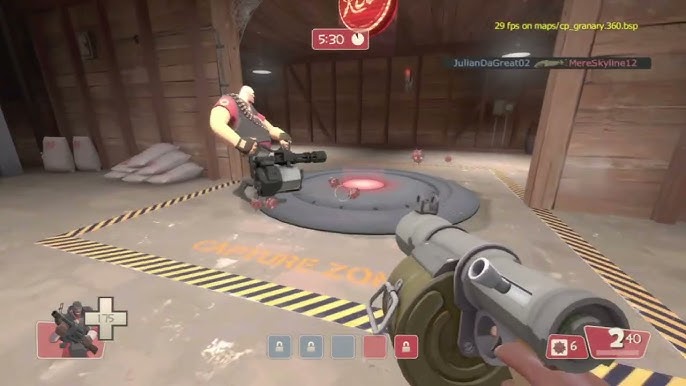
It's hard to explain to someone who wasn't there just how electric the Team Fortress 2 competitive scene was in the early 2010s. We weren't playing for prize money, or sponsorships, or Twitch fame. We played because we loved the game, because the intricate dance of classes and maps was endlessly fascinating, and because the thrill of a well-executed push on Granary, or a clutch Medic Uber save on Badlands, was unlike anything else. Organized lobbies on IRC channels were our battlegrounds, and communities like ESEA and UGC were forging grounds for legends. We trusted the game, we trusted the system, and most importantly, we trusted each other to play fair.
Now? Now, the competitive scene feels… tainted. The rise of bots was a gut punch, but the recent explosion of MMR exploits is a betrayal. It's a slap in the face to everyone who poured their heart and soul into mastering this game. It's a blatant disregard for the spirit of competition that once defined Team Fortress 2.
The Mechanics of Manipulation: How the MMR Exploit Works
Let's be clear: this isn't some hidden, esoteric bug that only a handful of hackers can access. This is a systemic issue, fueled by readily available third-party tools and, frankly, a shocking lack of oversight. The core of the problem lies in manipulating the game's matchmaking rating (MMR) system.
Here's the gist: Exploiters are using server plugins and modifications to artificially lower their MMR, or inflate it. This can be done in a few ways:
- Server manipulation: Setting up private servers with altered settings that allow them to artificially inflate their stats, directly influencing their MMR gains.
- Match Fixing: Coordinating with other players to queue at the same time, ensuring they end up on opposite teams and can then throw matches to boost the MMR of the exploiter.
The end result is the same: Players with artificially inflated MMRs are being matched against opponents who are simply outmatched, allowing them to quickly climb the ranks and, more importantly, farm cosmetic items tied to competitive performance.
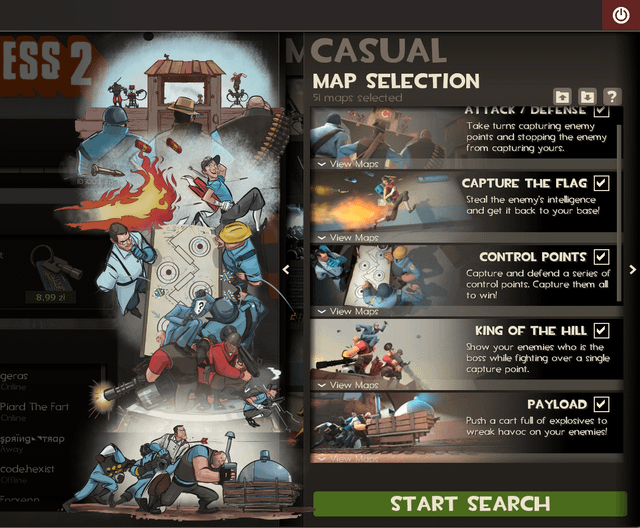 This image shows rare cosmetic items – a key motivator for exploiters.
This image shows rare cosmetic items – a key motivator for exploiters.
It's not just about the cosmetics, though. It's about the unfair advantage these exploiters gain. They enter legitimate matches with inflated ranks, stomping on players who are genuinely trying to improve. It's demoralizing, it's frustrating, and it's killing the competitive spirit.
Community Outrage: A Chorus of Disappointment
The TF2 community isn't exactly known for its quiet acceptance of problems. The forums, Reddit, and various TF2 Discord servers are ablaze with outrage. Legitimate competitive players and leagues are raising serious concerns about the long-term impact of this exploit.
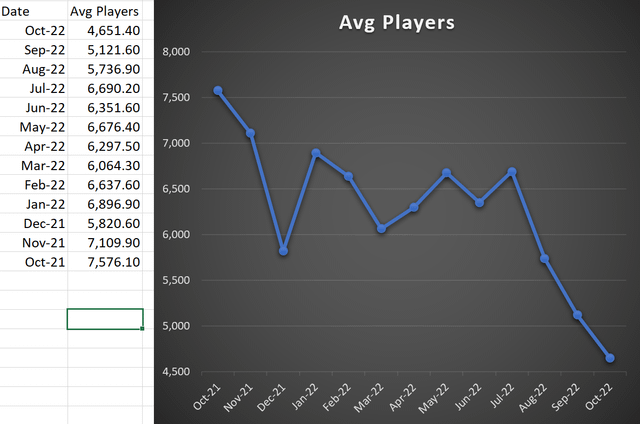 Community frustration is palpable.
Community frustration is palpable.
The complaints are consistent: The exploit is rampant, Valve's response is perceived as slow (or nonexistent), and the integrity of the competitive scene is being eroded. Many fear that this exploit will drive away new players and discourage existing players from participating in competitive matchmaking. Who wants to invest time and effort into a system that can be so easily manipulated?
Echoes of a Better Time: Nostalgia for the Golden Age
I remember the days when TF2 competitive was all about skill, strategy, and teamwork. Hours spent practicing jump maps, refining strategies on Mumble, and scrimming against other teams. The friendships forged in the heat of battle, the shared victories, the crushing defeats – it all felt real. There was a sense of camaraderie, a mutual respect for the game and for each other.
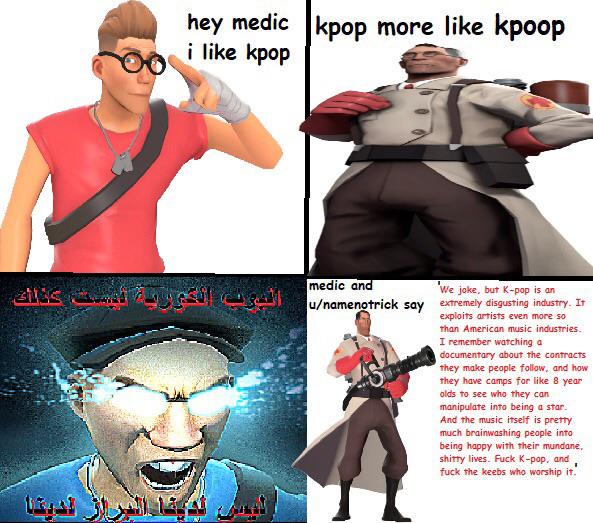 A relic of teamwork and strategy.
A relic of teamwork and strategy.
Now, that trust is gone. Every questionable kill, every suspiciously easy victory, is met with suspicion. Is this player genuinely skilled, or are they just another exploiter gaming the system? The joy has been replaced by cynicism, the excitement by apprehension.
Long-Term Consequences: A Bleak Outlook?
The MMR exploit isn't just a temporary inconvenience; it's a potential death knell for the TF2 competitive scene. If left unchecked, it will further erode trust in the system, discourage new players from participating, and ultimately lead to the stagnation and decline of the game.
 The glitched main menu represents the tarnished state of the game.
The glitched main menu represents the tarnished state of the game.
Why would a new player bother learning the intricacies of the game, mastering its classes, and honing their skills, when they know that their progress can be easily undermined by someone who's simply exploiting a loophole? Why would a veteran player continue to invest their time and energy into a system that rewards cheating and punishes legitimate play?
A Glimmer of Hope? Valve's Response (or Lack Thereof)
Historically, Valve's approach to addressing these kinds of issues has been… measured. Sometimes, they're quick to respond with patches and bans. Other times, they seem content to let the problem fester. It's a frustrating inconsistency that has plagued the TF2 community for years.
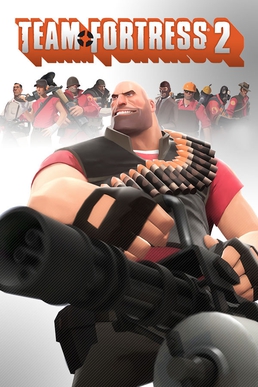 The question mark is a symbol of uncertainty.
The question mark is a symbol of uncertainty.
We can only hope that they recognize the severity of this situation and take swift action to address it. Potential solutions could include:
- Improved anti-cheat measures: A more robust anti-cheat system that can detect and prevent the use of MMR exploits.
- MMR Reset: Resetting the MMR of all players to remove the artificially inflated ranks.
- Stricter penalties: Harsher punishments for exploiters, including permanent bans from competitive matchmaking.
- Community Involvement: Working closely with the TF2 community to identify and address exploits.
Until then, the future of Team Fortress 2 competitive hangs in the balance. The golden age may be long gone, but a flicker of hope remains that Valve will step in and restore some semblance of fairness and integrity to the game we once loved.
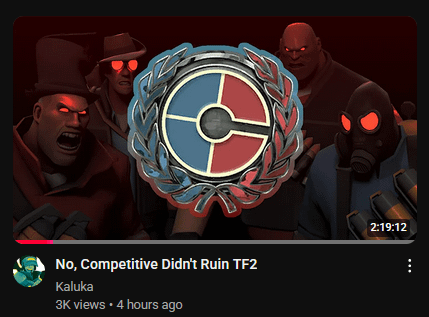
It's time for Valve to act, or risk losing what's left of a once-thriving competitive community.